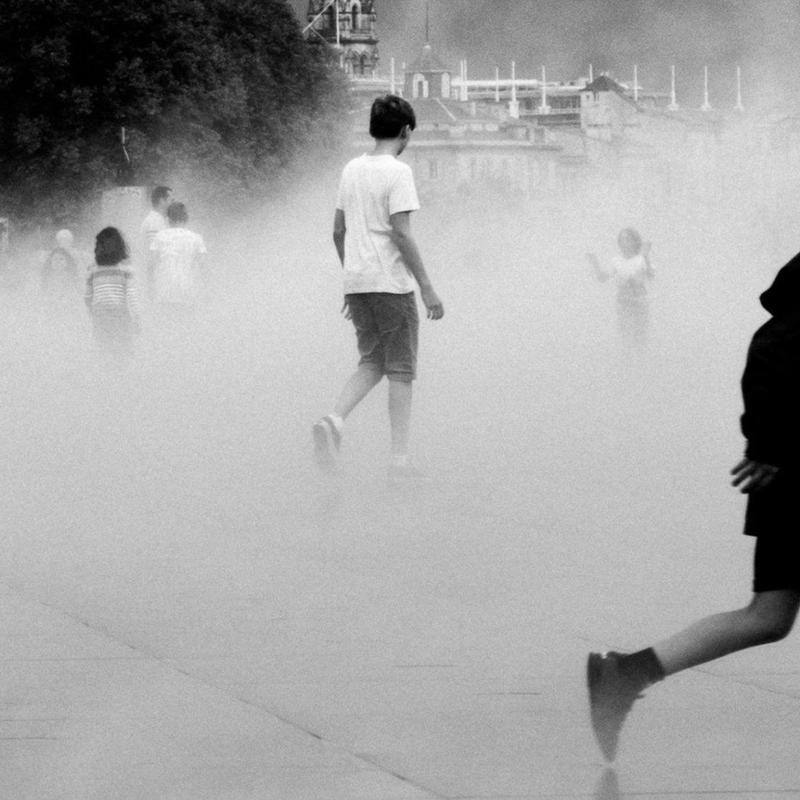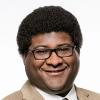1. The Bible makes sense of our experience in the world.
The Bible teaches us about what it means to be human. It exposes our flaws. It shows us what it means to live by faith. It gives us examples of God’s faithfulness. It shows us that life is complex, filled with beauty and wonder along with sin and death. It tells us why things are the way that they are and what God is doing about it.
2. The Bible teaches about salvation and how to prepare for death.
We learn that the first humans disobeyed God, and, as a result, God condemned them as guilty and cursed them. The curse includes human corruption that manifests itself in physical death. This guilt and corruption is called “original sin.” Original sin is a problem for all humanity, but Jesus died bearing the guilt of sin in order to free us from its guilt and corruption. Christ’s work is for our salvation. Through Christ, though we will physically die, we will rise from the grave on the last day as Christ was raised. Salvation is the answer to original sin.
3. The Bible teaches us how to live well in a fallen and confused world.
God has not finally dealt with sin in the world or in the hearts of every Christian. We all daily struggle with sin and will do so until we die. In the meantime, the Bible teaches us how to live in a world that is filled with sin. We live simultaneously as saint and sinner. As saint-sinners we trust God as we try to love him and those around us in this fallen and confused world of sin and death.
4. The Bible is relevant because it tells the truth.
Scripture speaks about real historical events. Christ lived, died, and rose again for our salvation. If these events really happened, then it matters to everyone, because it is through faith alone, in Christ alone, that we receive eternal life.






